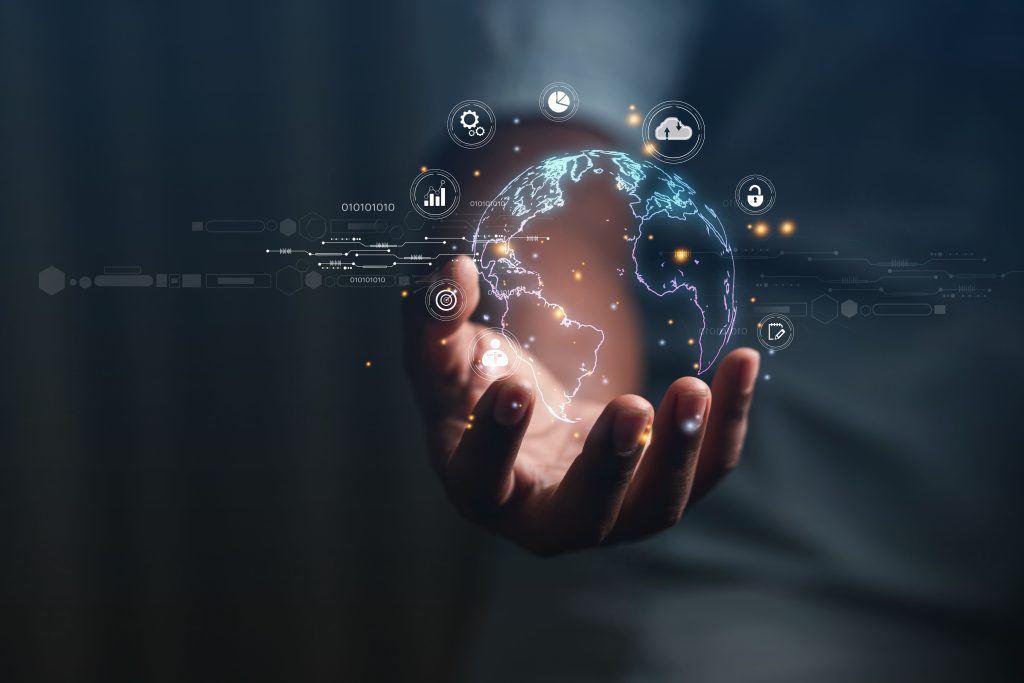The rise of GenAI: Adecco group’s findings on workplace transformation
Adecco’s comprehensive survey on the impact of AI on the futur of work warns of the potential of job loss and depicts key flaws in the adoption of genAI in the workplace.

The Adecco Group’s comprehensive survey of 30,000 workers in 23 countries presents new findings on the anticipated changes due to AI adoption, particularly generative AI (GenAI) in the workplace.
Key findings from the survey highlight a generally positive outlook towards GenAI among workers, alluding to a ‘honeymoon phase’, with 70% already utilizing GenAI at their workplace. However, despite the widespread use, less than half of the employees are doing so with guidance from their employers. This indicates a gap in access to GenAI training and adoption, particularly affecting employees without a degree, highlighting an education divide.
However, a notable 57% of workers expressed a desire to receive AI training, suggesting a significant opportunity for employers to enhance their workforce’s skills.
However, the successful integration of AI into the workforce is contingent upon a proactive approach towards employee upskilling and training. Adecco Group’s CEO, Denis Machuel, emphasizes the importance of equipping current employees with the skills necessary to navigate the AI-driven landscape, rather than solely relying on external recruitment for AI expertise. This strategy is supposed to mitigate the disruptive impact of AI on employment and to leverage AI’s potential to enhance productivity and innovation within organizations.
Notably, generative AI emerges as a double-edged sword. While it promises efficiency and innovation by automating routine tasks, it also poses a threat to job security for roles susceptible to automation. This technological leap prompts a reevaluation of job roles, with a significant portion of senior executives anticipating smaller workforces as a direct consequence of AI adoption.
The survey reveals that over the next five years, AI’s influence will significantly impact job structures across various industries, potentially leading to a net reduction in workforce sizes for many companies. This paradigm shift isn’t confined to the tech sector alone; industries ranging from defence to healthcare are predicted to undergo profound changes due to AI integration.
Adecco’s findings resonate with the broader trends identified in the World Economic Forum’s Future of Jobs Report, which projects that AI and automation will redefine job roles, necessitate new skill sets, and catalyze the transition to a more knowledge-intensive economy.
